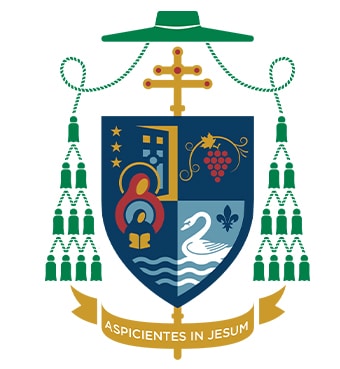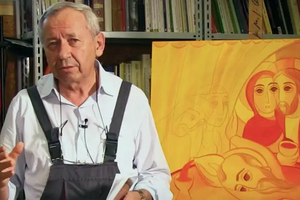Getting Formation Right

I heard a bishop recently describe what his formation team does at his seminary: “They’re there and they keep an eye on the guys.” And I cringed. Priests assigned to seminary formation are not hallway monitors. They are intended to be mentors, teachers, and guides—nuances all captured in the term “formator.” And seminary formation, we should hasten to add, is about much more than academics.
As Deacon James Keating puts it so well, “without committing to integrate human maturation, spiritual development, intellectual acuity, and pastoral charity within the man himself, a seminary risks simply being a school.” Seminaries must see the formation of the interior man as their central purpose. The new Ratio Fundamentalis Institutionis Sacerdotalis, promulgated by the Congregation for the Clergy in December 2016, emphasizes not the completion of an academic curriculum, but the readiness of the candidate.
Seminaries that focus too heavily on academics, whose formators lack the skills, drive, and art of mentoring, are in fact creating unsafe havens for seminarians. Where focus on the mission of integration is lacking, space opens for disordered living: sexual harassment, exploitation, and abuse of precisely the type that has grabbed headlines in recent months.
To this end, bishops must curtail overemphasis on academics. A radical step might even be to stop offering the MDiv. This would free seminary faculty and staff from the attendant headaches of maintaining an accreditation status. Yet de-emphasizing degree programs should not entail an impoverishment of solid intellectual formation. On the contrary, such a tack might actually open up the space to allow our men to engage in a more serene and contemplative approach to intellectual formation.
Read more at First Things.







